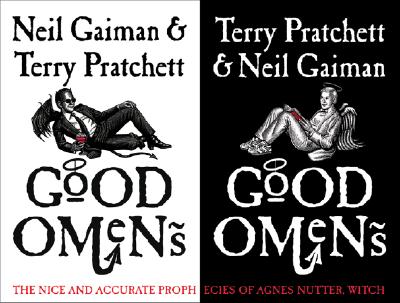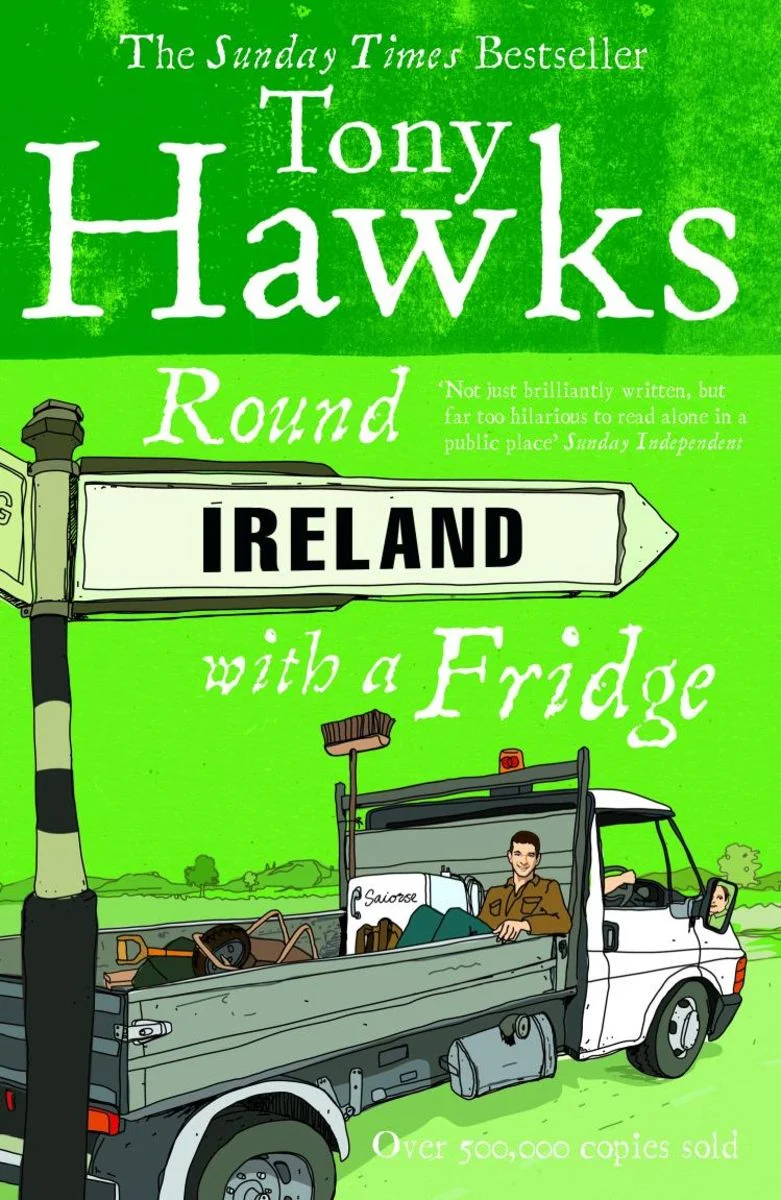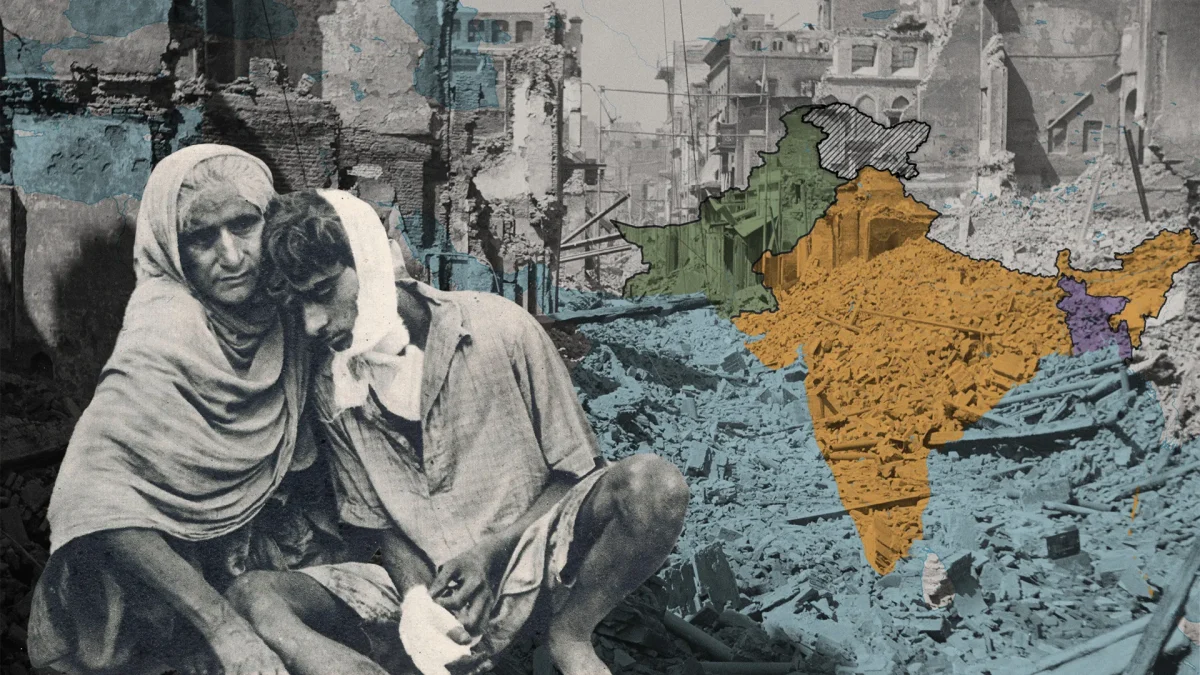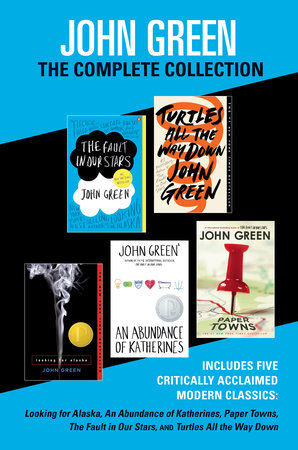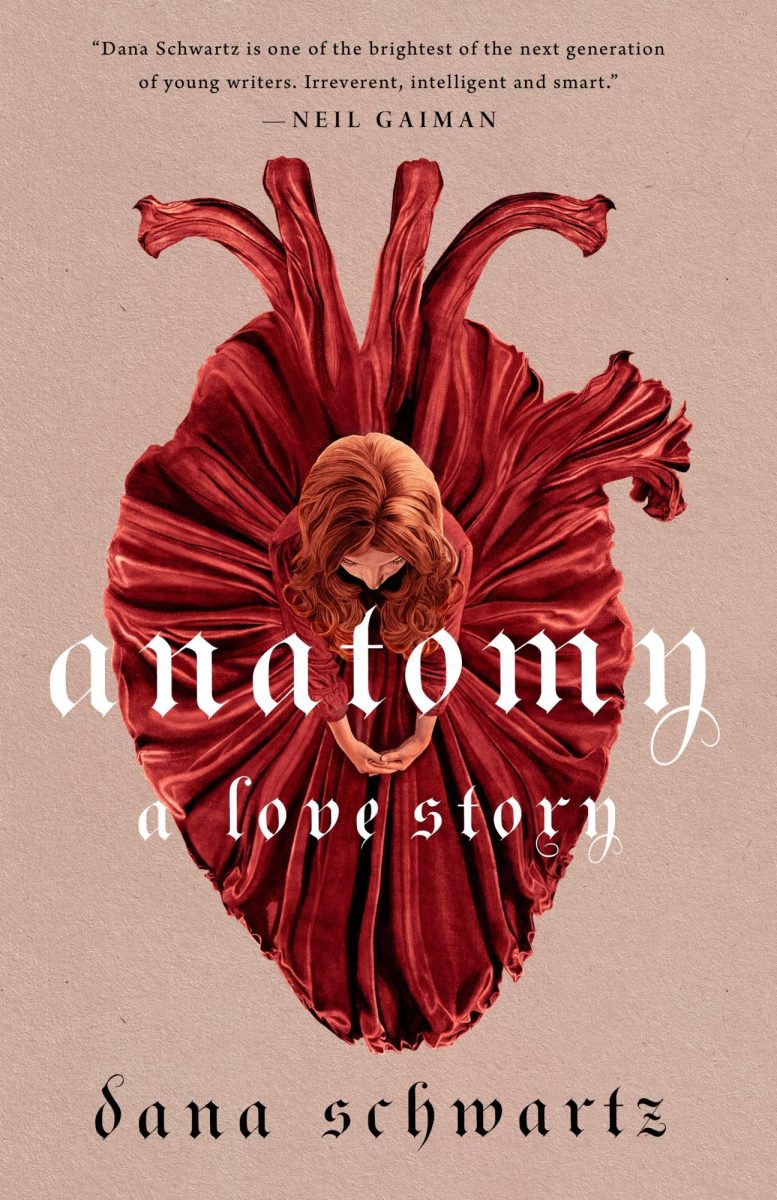Few books have the fanbase that Good Omens has. Since its original publication in 1990, readers have adored the utter absurdity, wit, and clever social commentary of the satirical apocalyptic comedy. Terry Pratchett and Neil Gaiman breathe life into a lovable cast of characters, which features angels, demons, witches, witch-finders, immortal bikers, a young Antichrist, and a 300-years-dead prophetess. The writing style is laugh-out-loud funny and distinctly British, with a unique and engaging plot. Armageddon has never been more enjoyable!
The novel features two main characters: Aziraphale, a bibliophilic and somewhat rebellious angel, and Crowley, a not-so-evil demon that listens to far too much Queen. The two have come to an Arrangement, where they help each other out to maintain the balance of good and evil in the world, all while denying that, just maybe, they enjoy each other’s company. When the pair find out about the birth of the Antichrist, they do the most they can to ensure that he does not bring about the apocalypse. The only problem is that they mixed up the kid. Now, Aziraphale and Crowley must frantically search for the real Antichrist before he can destroy the world they have come to love.
There is much to enjoy within the journey, but a few details stood out among the rest. The plot is vividly original and absolutely hilarious, with ridiculous happenings like raining fish, frog-like aliens, tunneling Tibetans, burning Bentleys, and oddly specific prophecies. Among the silliness, however, Pratchett and Gaiman expertly insert poignant social commentary that is still applicable today. For example, the four horsemen of the apocalypse–or rather, the four bikers–make an appearance in Good Omens. Pratchett and Gaiman’s subtle characterization of the bikers has a lot to say regarding the state of the world and how humanity has affected our planet. On the topic of characterization, the rest of the cast is beautifully crafted, each character bursting at the seams with realistic detail and relatability, even through the farcical events. There are so many traits and quirks that anyone can apply to themself or sympathize with!
Even with all of the loveable content, Good Omens is not without its flaws. While humorous, some of the comedy in the novel has not aged well. The overuse of slurs and harmful stereotypes, as well as “punch down” comedy may have flown during its release, but many readers today may find some parts triggering or upsetting. However, I will offer Pratchett and Gaiman some grace, as humor and what is considered offensive or inappropriate have greatly shifted in the last thirty years. One other issue I have is with the pacing of the novel. Slow pacing is not a problem in my book, but it felt like some scenes dragged for far too long, and could have accomplished the same goal if cut in half.
Overall, Pratchett and Gaiman masterfully create a fantastical world full of witty hidden meanings and hilarity. While the book is a standalone novel, Neil Gaiman continues the story of Crowley and Aziraphale in the Good Omens TV show, which has been renewed for a third and final season, starring David Tennant as Crowley and Michael Sheen as Aziraphale.
